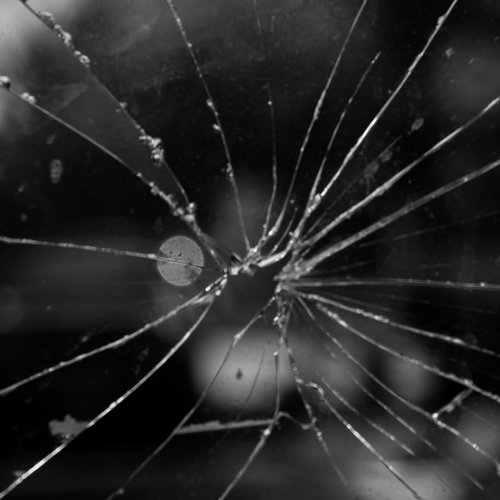What If Wife Took an Oath to Leave Husband?
Shafi'i Fiqh
Answered by Shaykh Irshaad Sedick
Question
We have been married for sixteen years, but my husband keeps making promises and breaking them. The last promise was that he would not delete any messages sent to his family, and I made an oath in front of him to understand the seriousness of hurting me by lying and breaking promises. I said, if you lie to me again and break your promises, then I will leave you. I took an oath.
Answer
In the Name of Allah, the Most Merciful and Compassionate. May Allah alleviate our difficulties and guide us to that which pleases Him, Amin.
We deeply empathize with you for the problems you face in your marriage. Marriage should be a source of contentment, not hurt. We pray that Allah guides you both to a beautiful life with one another, and we advise that you seek marital counseling from a God-fearing professional.
The oath to leave your husband does not affect the marital relationship between you because separation and divorce are in the husband’s hands, not the wife’s. If a woman clearly states the words of divorce, that too does not have any effect, except that you should pay the expiation for breaking an oath if you made one, and Allah knows best.
An Oath or a Promise?
An oath is a solemn statement using the name of Allah to do or refrain from something, or that something is true, so if things turn out otherwise, the swearer must make an expiation (kafara). [Misri, ‘Umda al-Salik]
An oath is when you say, “By Allah …”. A vow is when you say something sunna is now obligatory on you “for the sake of Allah”, or “due to Allah.”
If there is no mention of Allah with His names, it usually cannot become an oath or vow.
In a promise, one says to oneself or someone else, promising to do something. There is no expiation or anything else for breaking a promise.
Paying Expiations for Breaking Oaths
An expiation is obligatory for someone who swears and breaks an oath (yamin). [Misri, ‘Umda Al-Salik]
If you made an oath that you cannot keep, the above also applies, and Allah knows best.
The expiation for breaking an oath is based on the verse in which Allah says: “Allah will not punish you for what is unintentional in your oaths, but He will punish you for your deliberate oaths; for its expiation (a deliberate oath) feed ten masakin (needy persons), on a scale of the average of that with which you feed your own families, or clothe them or manumit a slave.
But whoever cannot afford (that), then he should fast for three days. That is the expiation for the oaths when you have sworn. And protect your oaths (i.e., do not swear much). Thus, Allah makes clear to you His Ayat (proofs, evidence, verses, lessons, signs, revelations, etc.) that you may be grateful.” [Quran, 5:89]
I pray this is of benefit.
[Shaykh] Irshaad Sedick
Checked and Approved by Shaykh Faraz Rabbani
Shaykh Irshaad Sedick was raised in South Africa in a traditional Muslim family. He graduated from Dar al-Ulum al-Arabiyyah al-Islamiyyah in Strand, Western Cape, under the guidance of the late world-renowned scholar, Shaykh Taha Karaan.
Shaykh Irshaad received Ijaza from many luminaries of the Islamic world, including Shaykh Taha Karaan, Mawlana Yusuf Karaan, and Mawlana Abdul Hafeez Makki, among others.
He is the author of the text “The Musnad of Ahmad ibn Hanbal: A Hujjah or not?” He has served as the Director of the Discover Islam Centre and Al Jeem Foundation. For the last five years till present, he has served as the Khatib of Masjid Ar-Rashideen, Mowbray, Cape Town.
Shaykh Irshaad has thirteen years of teaching experience at some of the leading Islamic institutes in Cape Town). He is currently building an Islamic online learning and media platform called ‘Isnad Academy’ and pursuing his Master’s degree in the study of Islam at the University of Johannesburg. He has a keen interest in healthy living and fitness.
